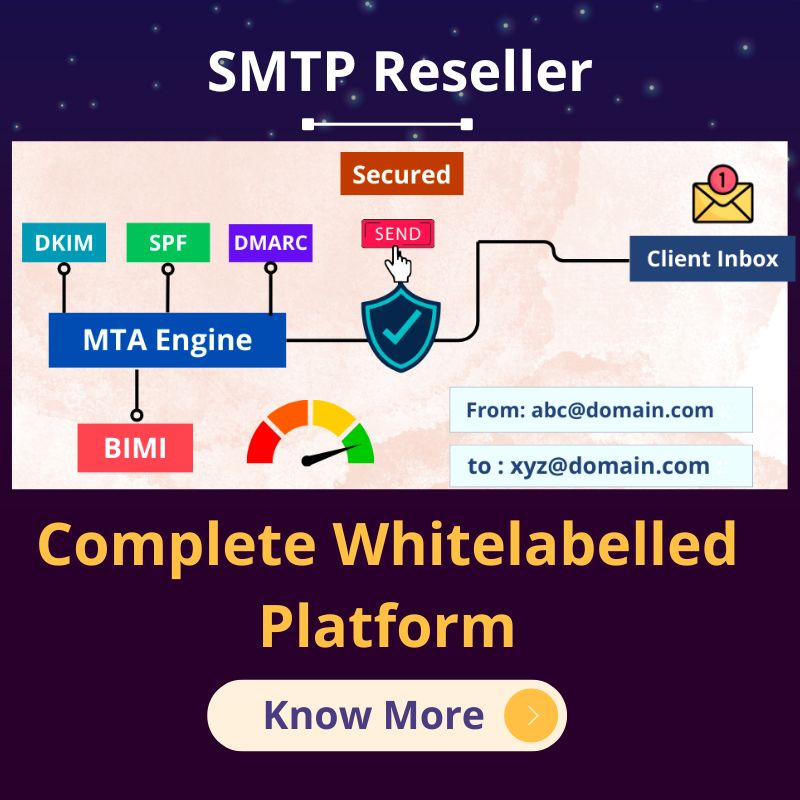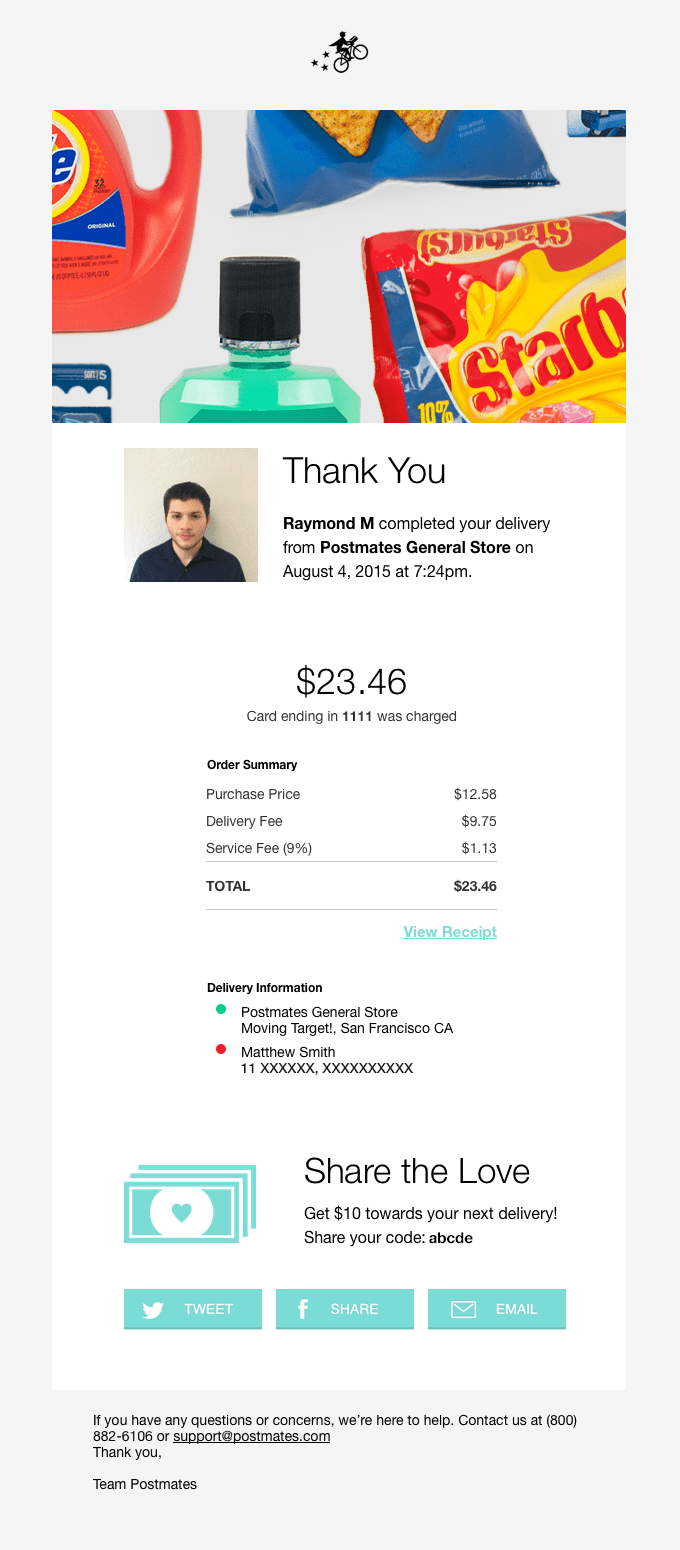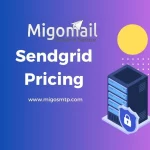How to make your Brand Viral?
Today we will see that anyone can spend it by making the brand viral. Today we will focus on those things. Where the brand has to go viral in an organic way. Should it be done that your brand is not viral until it is spend less.
Today we will share some points with you:-
- Feeling vs Information
- Socially Responsible Emotional story
- Attention Seeking Potential
- Call for action with a beautiful jingle
- Exaggerate the insecurities and fear

#1 Feeling vs Information:
Within your brand’s advertising, promotion or sales pitch, you are telling experiences right away or just talking about your product. In fact, today there is no interest that you keep talking about yourself and your product. People are not interested in who you are, they are interested in how you make them feel. They don’t care how much you know, they know how much you care.
Nowadays, in all the versions that have gone viral inside the world, emotions are very strong. And if they are socially responsive projects, people suppress them and share viral content. Because inside them a good person is awake.
How much people will remember about your brand depends on how you have made them feel about the brand. Whatever you are doing through your advertising, through a sales pitch, through promotional schemes, TV and print advertisements.
#2 Socially Responsible Emotional Story:
If you have a socially sensitive emotional story inside your ad, people will share themselves. You do not need to spend extra. They are not paid branding but organic branding. If you understand, people are affected by the behavior. There is no logic.
#3 Attention seeking Potential:
Earlier, I wanted such a good advertisement that people could take a message with him. But nowadays, people change channels quickly. They have TV controlled via remote. We will record and transfer new channels. And fast forward. So to counter this, if the beginning of ad is not good. And if it does not have attention grabbing potential, then it will immediately take your attention and no one will see that ad. we will add some points in attention seeking potential:-
-
- Testimonial route of social proof
- Unexpected Extreme Delightful surprise
#4 Call for Action with a beautiful jingle:
Jingle means after seeing your ad people start humming. Inside these jingles are hidden commands, a hidden command which is registered by going to your mind. And many times you hum and then go to the shop and buy the same. Your subconscious mind can register music and jingle more easily as it goes to tune and generates a pattern.
If that tune is melodious, it is better composed and especially if you can place a call to action inside your jingle. Could give such instructions. Because of which he should follow it.
#5 Exaggerate the insecurities and fear:
What a lot of brands are doing today. Uncovers the secrets hidden inside yourself. Explore the specialty hidden inside you. To increase, glorify and enhance. You then attach a common sense and urgency to purchasing your product.
For more related information, than you can check out migomail and telcob.







![Beginner's Guide] How to Create Facebook Ads for Lead Generation?](https://learnsmm.com/wp-content/uploads/2019/07/5.-errors-are-solved-after-accepting-the-fb-ad-terms.png)
![Beginner's Guide] How to Create Facebook Ads for Lead Generation?](https://learnsmm.com/wp-content/uploads/2019/07/12.-format-and-media-1024x460.png)







![Sendinblue Review [UPDATED 2021]- Startups Anonymous](https://startupsanonymous.com/wp-content/uploads/2020/06/sendinblue-homepage.jpg)



























